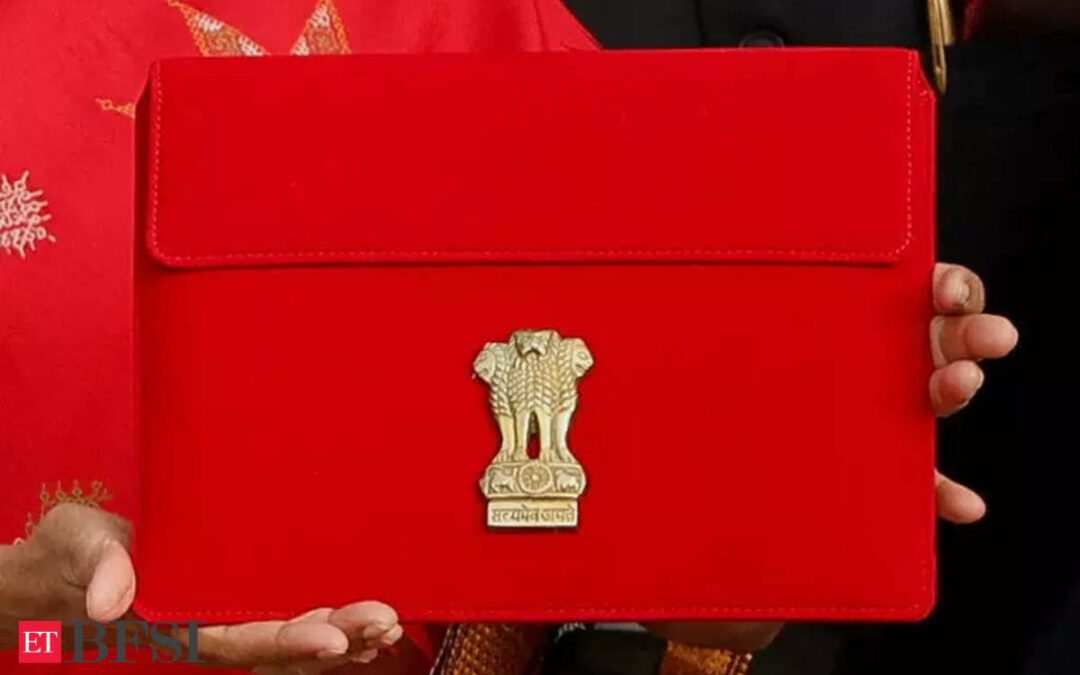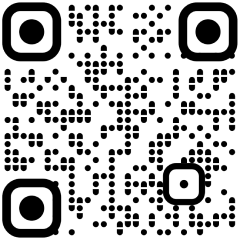Union Budget also known as the Annual Financial Statement is a declaration of the government’s expected receipts and expenditures presents on February 1 every year.
Article 112 of the Indian Constitution, empowers the government to present the Union Budget divided into two parts – the revenue budget and the capital budget.
The revenue budget details the government’s revenue and spending while the capital budget comprises the government’s capital receipts and payments.
As the NDA 2.0 government led by Prime Minister Narendra Modi is set to present the last budget of its tenure, here are the key terms to know:
What is Economic Survey? The Economic Survey is released a day before the presentation of Union Budget. It brings out the economic trends and facilitates a better appreciation of the mobilisation of resources and their allocation in the Union Budget.
It is a flagship document summarising the performance of the economy in the ongoing financial year.
What is Finance Bill?
Finance Bill is used as a document to introduce the policy of levying new taxes, making alterations in the tax structure or continuing with the existing tax structure. It contain details about all the legal amendments required for the changes in taxation proposed by the Finance Minister.
Notably, all Money Bills are different from the Financial Bills. All Money Bills are Financial bills but all Financial bills are not Money bills.
What is Budget Estimate?
Budget Estimates are the estimated funds allocated to ministries, departments, sectors and schemes.
It estimates what costs will be incurred during a given period of time, and how much money will be needed to cover those costs.
It determines how and where the money will be used and what costs will be incurred during a given period of time.
What is Fiscal Deficit?
The difference between the total spending of the government and revenue receipts of the previous financial year is termed as Fiscal Deficit.
It is an indication of the total borrowings needed by the government. The gap is filled by borrowing funds from the Reserve Bank of India, among other measures.
While calculating the total revenue, borrowings are not included.
Usually, the fiscal deficit takes place either due to revenue deficit or a major hike in capital expenditure.
What is Capital expenditure?
The capital expenditure is the total amount of money that the government is planning to use for development, acquisition of machinery and assets.
Capital expenditure also includes the expenditure incurred by the government on acquiring fixed assets like land and investment that gives profits or dividend in future.
What are Direct and Indirect taxes?
Another key aspect to watch out for in the Union Budget is the government’s take on Direct and Indirect taxes.
Direct taxes are defined as the taxes that are levied directly from a taxpayer, such as income tax or corporate tax.
Indirect taxes are the taxes levied indirectly, such as GST, VAT and excise duties on a service.










